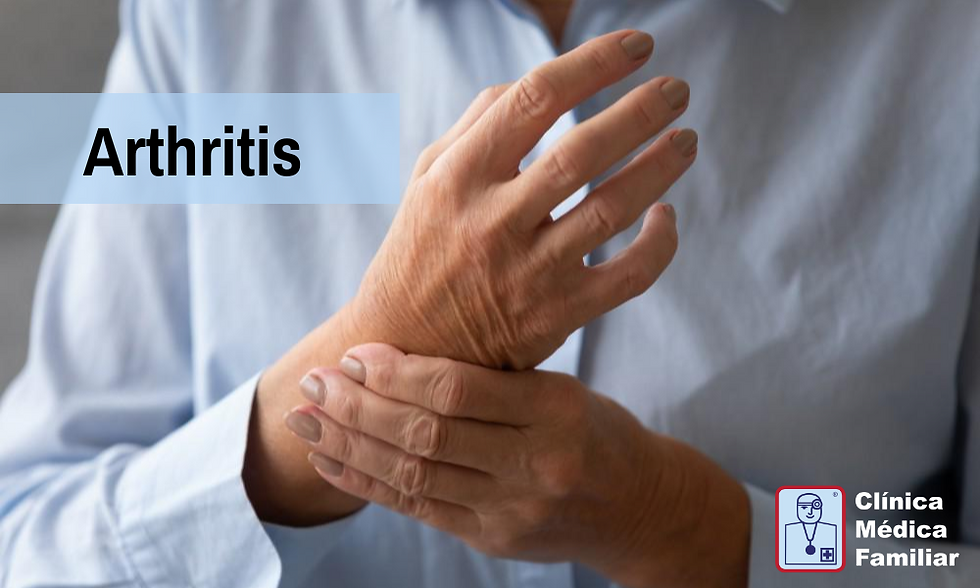Thyroid Disease: Types and Causes
- Nora Manzo
- May 16, 2022
- 2 min read

The thyroid is a very big deal as it is in charge of everything that goes on in the body from basic aspects of a body function to all the major systems.
This process affects almost every cell in your body, helping control the body’s functions and it has a profound effect on cellular energy and metabolism.
Your thyroid is responsible for providing energy to nearly every organ in your body. It controls functions like how your heart beats and how your digestive system works. Without the right amount of thyroid hormones, your body’s natural functions begin to slow down.
Thyroid imbalances come in two major forms: hypothyroidism and hyperthyroidism.
What is Hypothyroidism?
Hypothyroidism is when there is too little thyroid hormone in your blood. This makes your body and its functions sluggish; the thyroid gland does not produce enough thyroid hormones to meet the needs of the body. The thyroid gland is found in the front of the neck below the larynx, or voice box, and has two lobes, one on each side of the windpipe.
Hypothyroidism Risk Factors
Age and gender (women over 60 at high risk)
Preexisting condition (autoimmune disease such as type 1 diabetes or celiac)
Pituitary gland disorder
Pregnancy (women who are pregnant or who have had a baby in the past six months at high risk)
What is Hyperthyroidism?
Hyperthyroidism, on the other hand, is when you have too much thyroid hormone in your blood and everything starts racing.
The hormones that it produces and releases into the bloodstream control the body’s growth and metabolism. Too much hormone can affect many functions in the body.
Hyperthyroidism Risk Factors
Gender (females at higher risk)
Family or personal history of autoimmune disorders (celiac, lupus, rheumatoid arthritis)
Past trauma to the thyroid gland
Current or recent pregnancy
Smoking
Recent use of iodine contrast (such as that used in CT scans)
Symptoms
Fatigue
Weakness
Weight gain
Difficulty losing weight
Dry hair and hair loss
Dry, rough, and pale skin
Menstrual cycle
Poor concentration
Depression
Hyperthyroidism is distinct from hypothyroidism. “Hyper” refers to the presence of too much thyroid hormone in the system. “Hypo” means too little, or an underactive thyroid.
Treatment
Treatment for hypothyroidism focuses on supplementing the thyroid hormone. However, reducing the intake of excessive iodine in the diet and avoiding iodine supplements can help to stop thyroid activity from becoming more imbalanced.
A balanced diet can help to preserve thyroid health. If you are choosing to take supplements, be sure to ask your doctor for advice on how much to take and which supplements will be best for you without affecting thyroid activity.
Clinica Medica Familiar is a family medicine practice that is offering Covid vaccines in our three locations: Magnolia, Mead Valley, and Montclair. Please call us at 855-505-7467 to schedule you today or visit our website https://www.clinicamedicafamiliardrrios.com/booking-calendar
In order to help stop the spread of the flu, Clinica Medica Familiar is NOW offering Telemedicine(Telehealth/video call)and Flu Shots. Please call us at 855-505-7467 to learn more about these amazing services and bilingual providers, we are now providing services throughout Corona, Montclair, Riverside, Perris, Moreno Valley, Lake Elsinore, Temecula, and Indio.







Comments